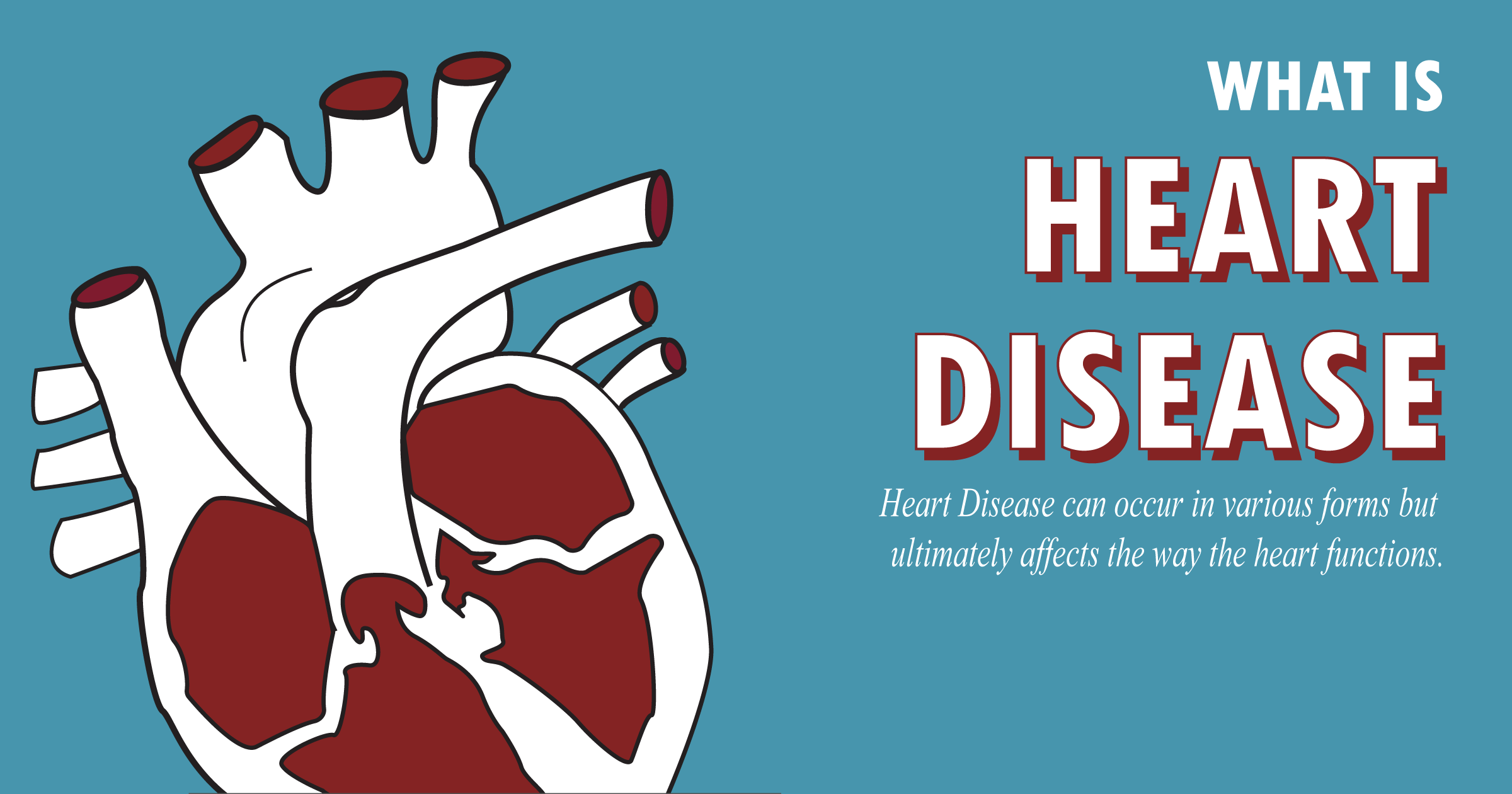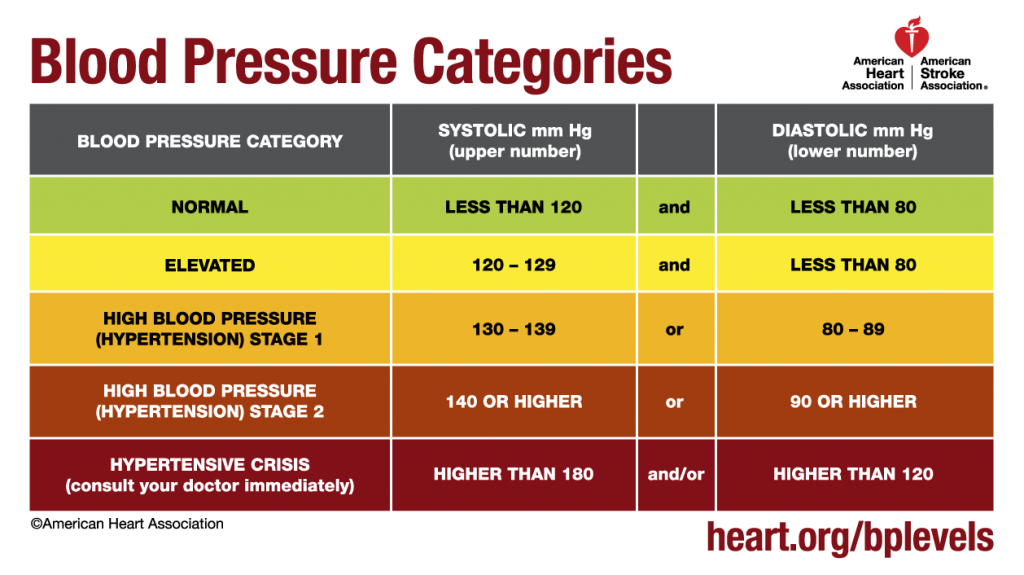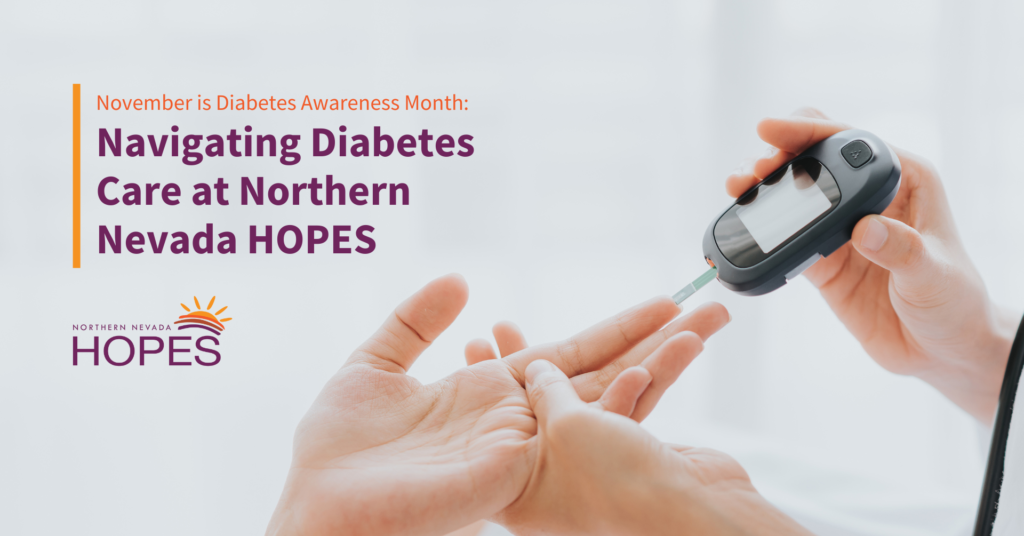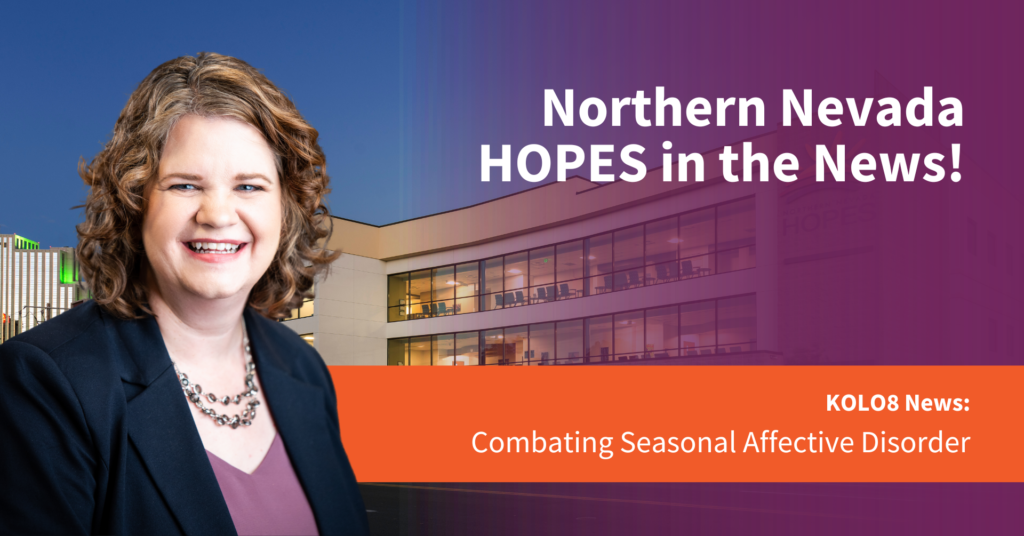February is American Heart Month. To get some facts and tips about heart health, we talked to HOPES’ Seniors’ Supportive Nurse, Trudy, who runs blood pressure clinics around northern Nevada. Here is what she had to say:
What is heart disease?
Heart disease is an umbrella term that covers a range of conditions. Most of the time when people talk about heart disease they are referring to cardiovascular disease. Cardiovascular disease generally involves the narrowing or blocking of blood vessels often leading to chest pain, heart attack, and stroke.
What is blood pressure, and how does it contribute to heart disease?
In simple terms, blood pressure is just the force or rate that blood travels through one’s vessels.
“A lot of people understand how you get your shower-head water pressure: by going from a large pipe to a smaller pipe. Forcing the same amount of fluid into a smaller space is what drives the water pressure up,” Trudy said.
Blood pressure is measured by two numbers: Systolic blood pressure when your heart is fully constricted during a beat. And diastolic blood pressure, when your heart is relaxed between beats. Normal blood pressure is less than 120 mmHg systolic and less than 80 mmHg diastolic. Here is a blood pressure category chart:
Hypertension is the condition when your blood pressure is consistently too high. The higher your blood pressure, the harder your heart has to work to pump blood to the rest of your body thus increasing your risk of sudden cardiac arrest.
What are some ways people can monitor their heart health?
The best way to monitor heart health is to get both blood pressure and cholesterol panels checked, which is, “just part of getting into care and knowing where you’re at,” Trudy said.
Most people didn’t have to start monitoring their heart until late adulthood (starting at age 40), but today with obesity and diabetes on the rise, there is no magic number to start watching your heart health.
So the best way to monitor your heart health is to regularly visit your doctor and get your blood pressure checked and your cholesterol panels done. OR you can attend one of Nurse Trudy’s Blood Pressure clinics.
What are some lifestyle changes people can make to improve their heart health?
To help control blood pressure people should:
- Avoid salt and fatty foods.
- Avoid smoking.
- Exercise daily (even if it is just moderate walking).
- Avoid or limit alcohol.
- Lose weight.
- Get blood pressure checked regularly.
- Remember to take prescribed medication as ordered.
- Relax, stress can negatively affect your blood pressure.
- Getting a good night’s sleep can also protect against heart disease.
How does smoking contribute to the onset of heart disease?
“Nicotine causes blood vessels to shrink, also called vasoconstriction, which increases blood pressure. From this friction from the pressure, you can have little tears inside the vessels. This starts a cascade in the body to repair these tears or weakened areas by sending platelets right from the blood into those little tears, patching it. Kind of like a scab, if you will.
Platelets like to play together, I call them the party animals of the blood. Even if the nicotine has worn off, blood is still flowing through your veins and platelets start jumpin’ ship and sticking with the platelets in the tear. It’s like a dog-pile. And they get on this repaired tear, it could even be on a microscopic level, and this is one way that plaque starts to build up and can create blockages in the arteries.”
What can people do when they believe they or someone else is experiencing a heart attack or stroke?
When responding to a heart attack or stroke, it is important to know the symptoms ahead of time. In either instance, it’s important to call 911 immediately to get medical help as soon as possible.
Heart Attacks
Hearts attacks occur when the blood flow to the heart is blocked. Heart attacks are different from cardiac arrest, which is when the heart suddenly stops. But heart attacks can cause cardiac arrest.
It’s important to note that symptoms among heart attack victims can vary greatly. For some people, the first sign of a heart attack may be sudden cardiac arrest, but many people show warning signs hours, days or weeks in advance. The earliest warning sign of an oncoming heart attack is recurrent chest pain that is triggered by physical exertion which is eased by resting.
Other heart attack symptoms may include:
- Pressure, tightness, pain, or a squeezing or aching sensation in your chest or arms that may spread to your neck, jaw or back
- Nausea, indigestion, heartburn or abdominal pain
- Shortness of breath
- Cold sweat
- Fatigue
- Lightheadedness or sudden dizziness
It is important to note that women can have a wide range of atypical symptoms when experiencing a heart attack. So it’s even more important to identify and respond to new or unexplained symptoms.
When someone else is having a heart attack, it’s important to keep the blood flowing by performing hands-only CPR. Click here to view a video from the American Heart Association on hands-only CPR.
Stroke
Strokes are similar to heart attacks in that blood flow to parts of the brain is interrupted or reduced. This deprives the brain of oxygen, and within minutes, brain cells begin to die as a stroke damages the brain.
The easy acronym FAST has some diagnostic tools we can use to accurately determine if a stroke is taking place:
FACE: Ask the person to smile. Does one side of the face droop?
ARMS: Ask the person to raise both arms. Does one arm drift downward?
SPEECH: Ask the person to repeat a simple phrase. Is their speech slurred or strange?
TIME: If you observe any of these signs, call 911 immediately.





